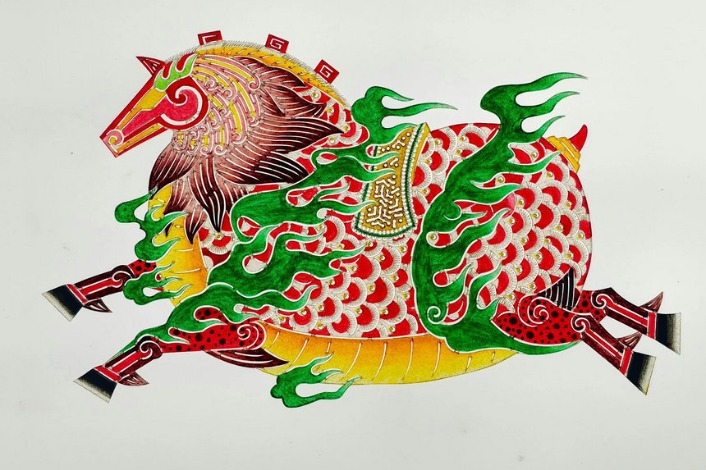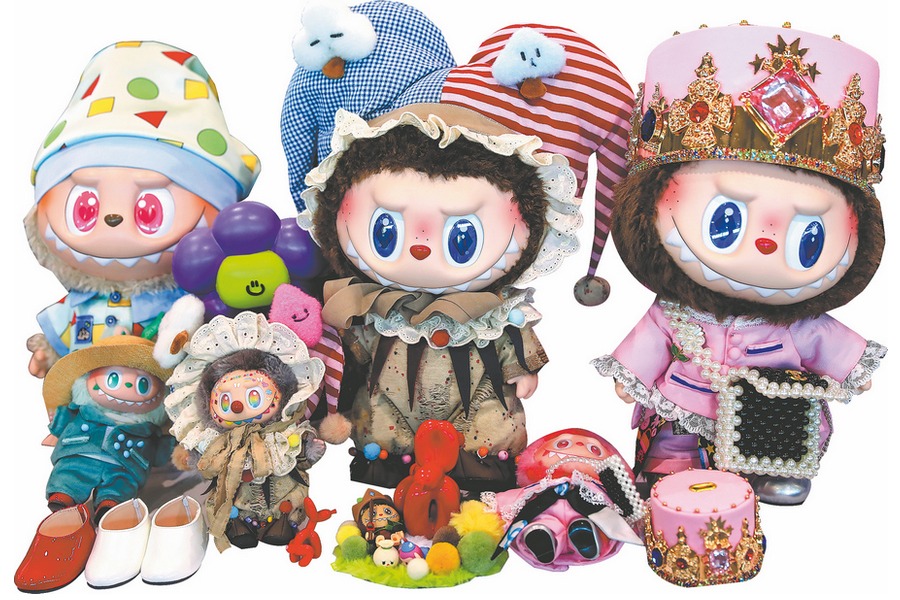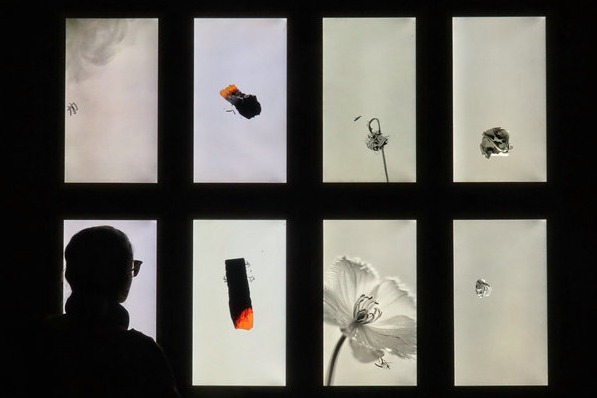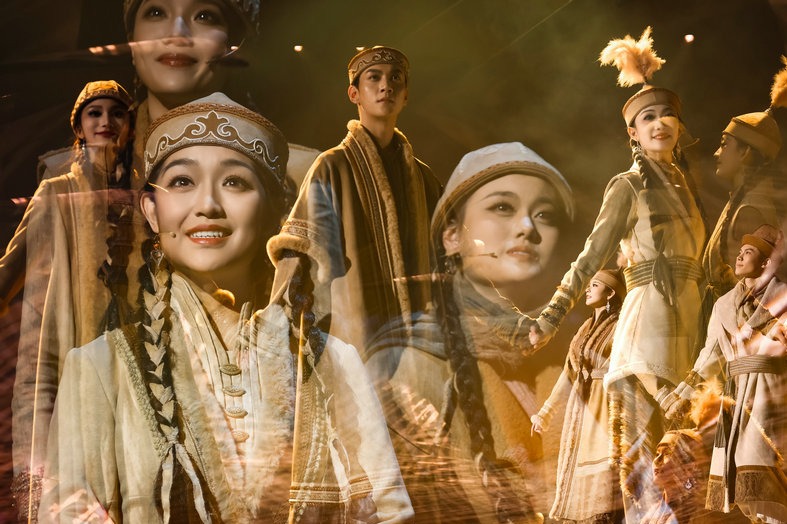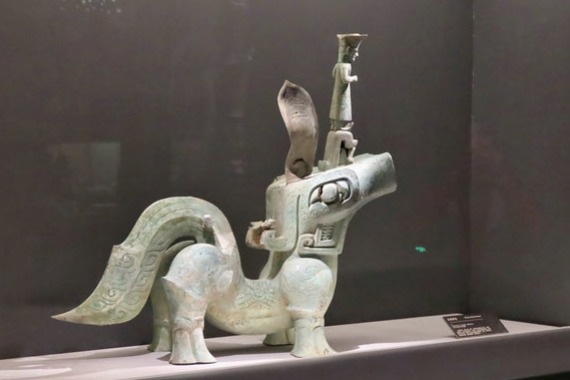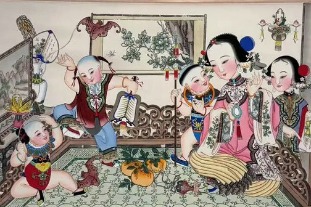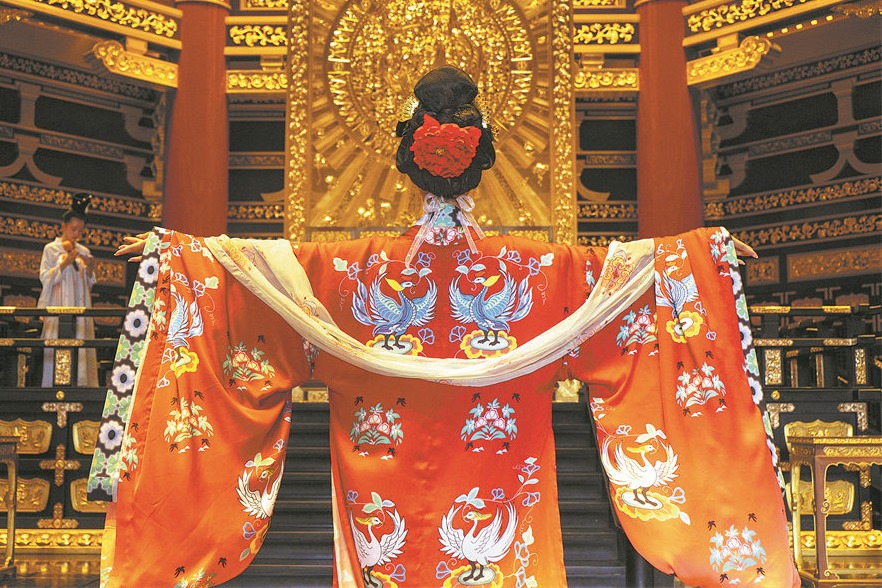Zimbabwe seeks stronger ties with China in creative sector

HARARE — Zimbabwe is seeking to elevate cooperation with China in creative arts to boost the sector and promote cultural ties between the two sides, says Napoleon Nyanhi, the director of the National Arts Council of Zimbabwe.
"Many of these exchanges take place in the areas of live performances, including music, dance and instrumentation. We would like to see more collaboration in other spheres of the arts, such as fashion design, filmmaking and television productions," said Nyanhi in an interview on the sidelines of the first Harare Forum for Africa and Academic Week, which concluded in the Zimbabwe capital last week.
He notes that the Chinese-funded Dreamstar program, Zimbabwe's largest talent search competition for young people, has been pivotal in uplifting Zimbabwean artists in various genres.
"We are excited about the cooperation between Zimbabwe and China, especially in the arts and cultural development," Nyanhi says. "Specifically the Dreamstar program, which has been running for over 10 years. We have witnessed almost 300 artists go from Zimbabwe to China to learn and bring the Chinese work ethic and performance culture back to Zimbabwe."
The Dreamstar competition is organized by the China-Zimbabwe Exchange Center, an organization dedicated to promoting ties between China and Zimbabwe, with the support of the Chinese embassy, Chinese businesses and communities in Zimbabwe and the National Arts Council of Zimbabwe.
Noting the importance of the arts sector to the economy, the Zimbabwean government is investing in the film industry to help filmmakers develop their skills, according to Nyanhi.
"We would also like to encourage and invite Chinese filmmakers to come to Zimbabwe and participate in this development," he says. "We would like Chinese producers to come and film their shows here and to use some Zimbabweans in their crews along with Chinese crews for culture and skills exchange."
Nyanhi says that Chinese productions, such as the TV series, Journey to the West, have been influential in Zimbabwe, a sign of positive development for China-Zimbabwe cultural engagement.
"We would love for more of our Zimbabwean productions to be able to do the same thing, whether animations, children's programs, TV series or movies, so we can create more love between Zimbabweans and Chinese by intermingling our cultures and arts," he says. "That way we can do more work and business and host more friendship activities between the countries to better understand each other's cultures."
More Chinese cultural products and arts have been marketed in Zimbabwe and we aim to export its arts and crafts to China as well, he says.
"We need to send more of our culture and arts outside of Zimbabwe to China to see what we do here. We have a rich national culture," Nyanhi says, adding that art is a significant contributor to bringing the two sides closer.


















